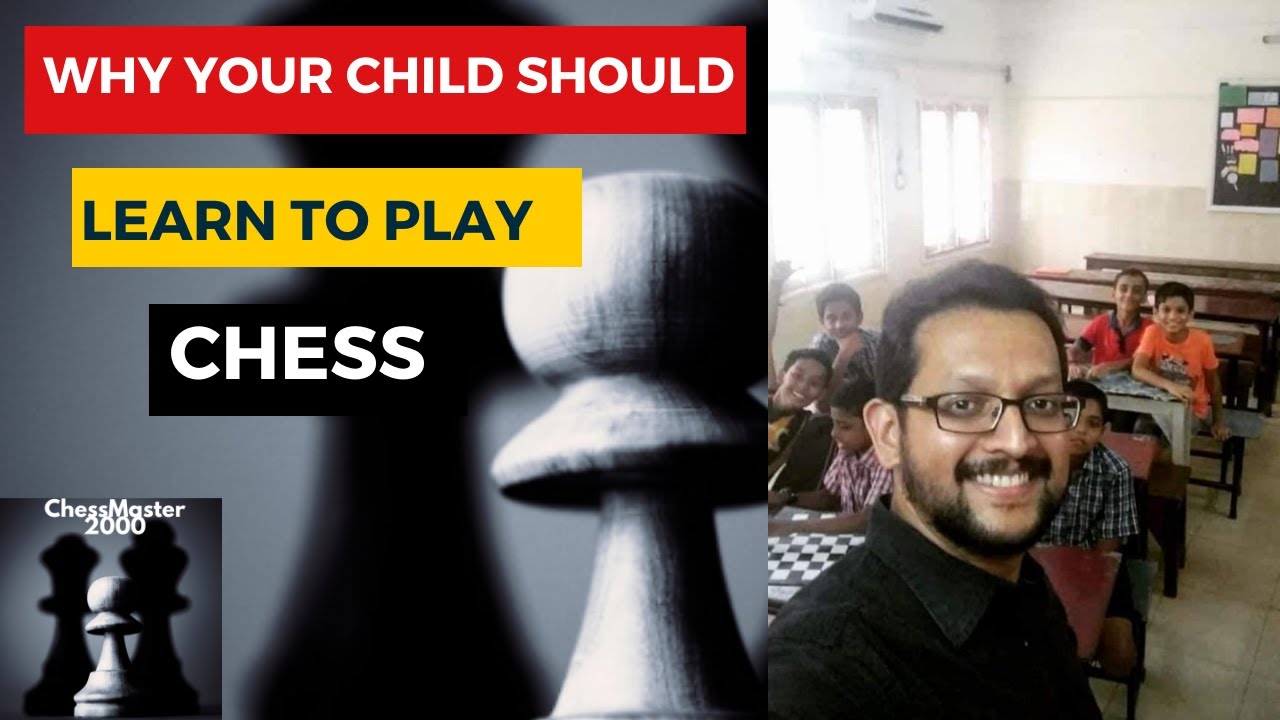Chess training and practice support the development of higher-order thinking skills—like problem-solving, decision making, critical thinking, planning, and even creative thinking. Chess training and practice also helps improve general cognitive ability and scholastic achievement—especially in mathematics.
In addition, it reinforces effective attributes such as patience, prudence, and perseverance. Two prominent virtues of chess are fairness and honesty. The international chess community promotes civil behaviour and respect for the opponent but punishes players found to have cheated. Chess is a civil game with an ethical code that predisposes players to play respectfully with other individuals.
Many students, including those with disabilities, can benefit educationally and psychologically from chess training.
Online chess training and online chess play have the potential for the betterment of students during and after the present coronavirus pandemic.







